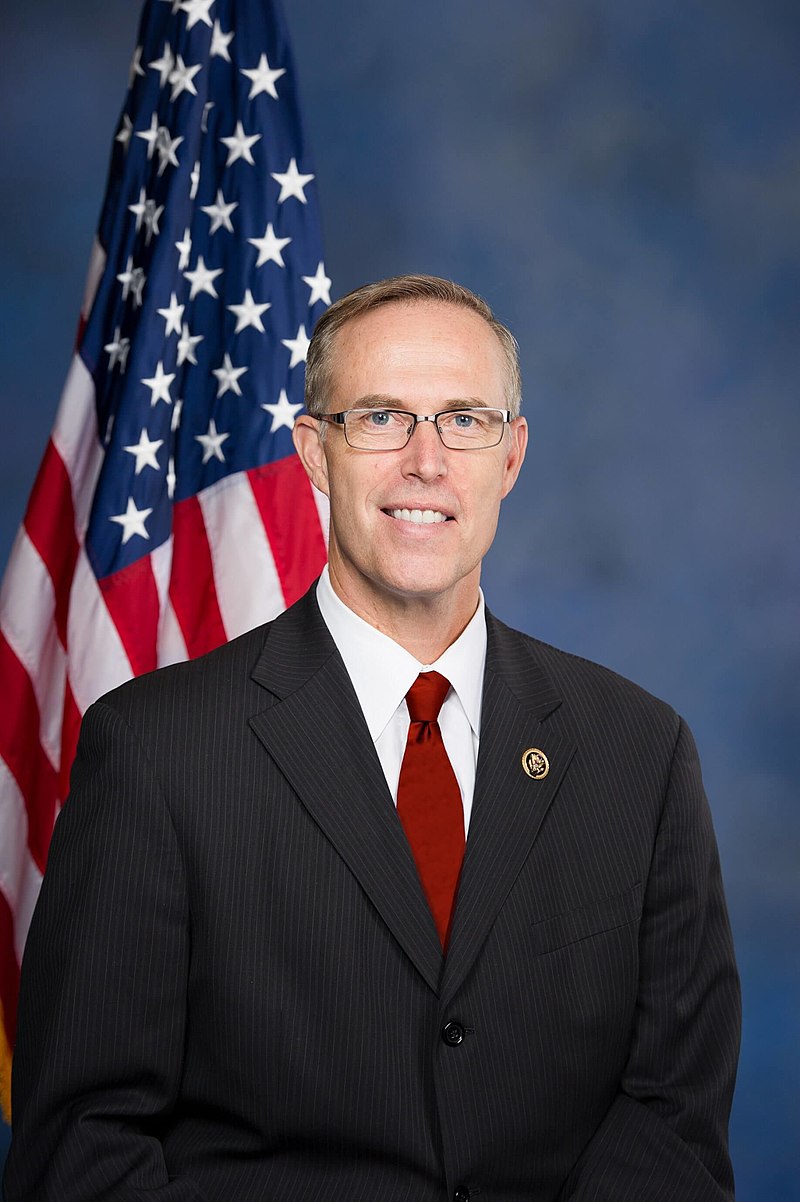
Imagine an insurance company that doesn’t cover routine care or medications, can drop coverage or kick someone out for almost any reason (including a pre-existing condition), has a lifetime cap on benefits, isn’t regulated, doesn’t have to possess any cash reserves, and can hide information about coverage, payouts, terms and conditions.
This sums up the modus operandi of health care sharing ministries. In such an entity, members — who are required to share a system of religious or ethical beliefs — make monthly payments to cover health expenses of other members. Health care sharing ministries do not have to comply with the consumer protections of the Affordable Care Act, do not guarantee payment for medical claims, and provide limited benefits for their members. Covering abortion or contraceptives is a nonstarter with most such outfits. In short, health care sharing ministries are largely unregulated and prey on the faithful.
The Freedom From Religion Foundation is pleased to announce that Congressional Freethought Caucus Co-Chair Rep. Jared Huffman has introduced a bill, the “Health Share Transparency Act,” to rein in these health care ministries.
The Health Share Transparency Act mandates that health care sharing ministries can no longer hide their finances and activities. They will have to annually disclose to the treasury secretary, IRS and Consumer Financial Protection Bureau the following information:
- The Health Share Transparency Act mandates that health care sharing ministries can no longer hide their finances and activities.
- They will have to annually disclose to the treasury secretary, IRS and Consumer Financial Protection Bureau the following information:
- Financial reserves.
- Ratio of dollars collected for health sharing vs. actually spent on medical care.
- Number of individuals enrolled.
- Average out-of-pocket expenses per enrolled individual.Area of operation.
- Percent of claims denied.
- Contact information for their leadership.List of contracted healthcare providers and Average reimbursement time after using a healthcare service.
- The government in turn would be required to publicly disclose online the responses from such ministries.
The bill will empower consumers during the enrollment process by mandating that health care sharing ministries disclose, in large and legible writing in multiple languages, and read aloud if enrolling over the phone, the following information:
- How to file a complaint and appeal a denied claim.Whether the health care sharing ministry forces arbitration in appealing a coverage determination.
- Explicit explanation that the ministry is not required to pay claims.
- Explicit explanation of any lifetime caps on total reimbursement.
- Average amount paid per member to a health care sharing ministry annually.
- Comparison of average paid for health services vs. shared amount.
- List of all items and services deemed ineligible for reimbursement.
- List of all requirements imposed on claims submitted for sharing.
The bill would ensure that health insurance brokers selling ministry memberships must accurately describe the scope of benefits provided by these, and whether they are eligible for better, more comprehensive forms of health coverage, including the Affordable Care Act, Medicaid or Medicare. Plus, the bill has an enforcement mechanism and penalty if the health care sharing ministry does not comply.
“Rep. Huffman is a true leader in the freethought community and for all consumers,” comments Dan Barker, FFRF co-president. “He’s looking out for all of us with this bill that will curb the most egregious practices of health care sharing ministries. The bill is a tremendous step forward.”
Adds FFRF Director of Government Affairs Mark Dann: “FFRF will be working closely with Rep. Huffman’s office to advance this bill, and with numerous organizational sponsors to increase support for the bill in Congress.”
Rep. Huffman spoke eloquently about the dangers of health care sharing ministries on a recent episode of FFRF’s TV show, “Freethought Matters.”
The Freedom From Religion Foundation (FFRF) is a national nonprofit organization with a current membership of more than 37,000 members. Our purposes are to protect the constitutional principle of separation between state and church, and to educate the public on matters relating to nontheism.

